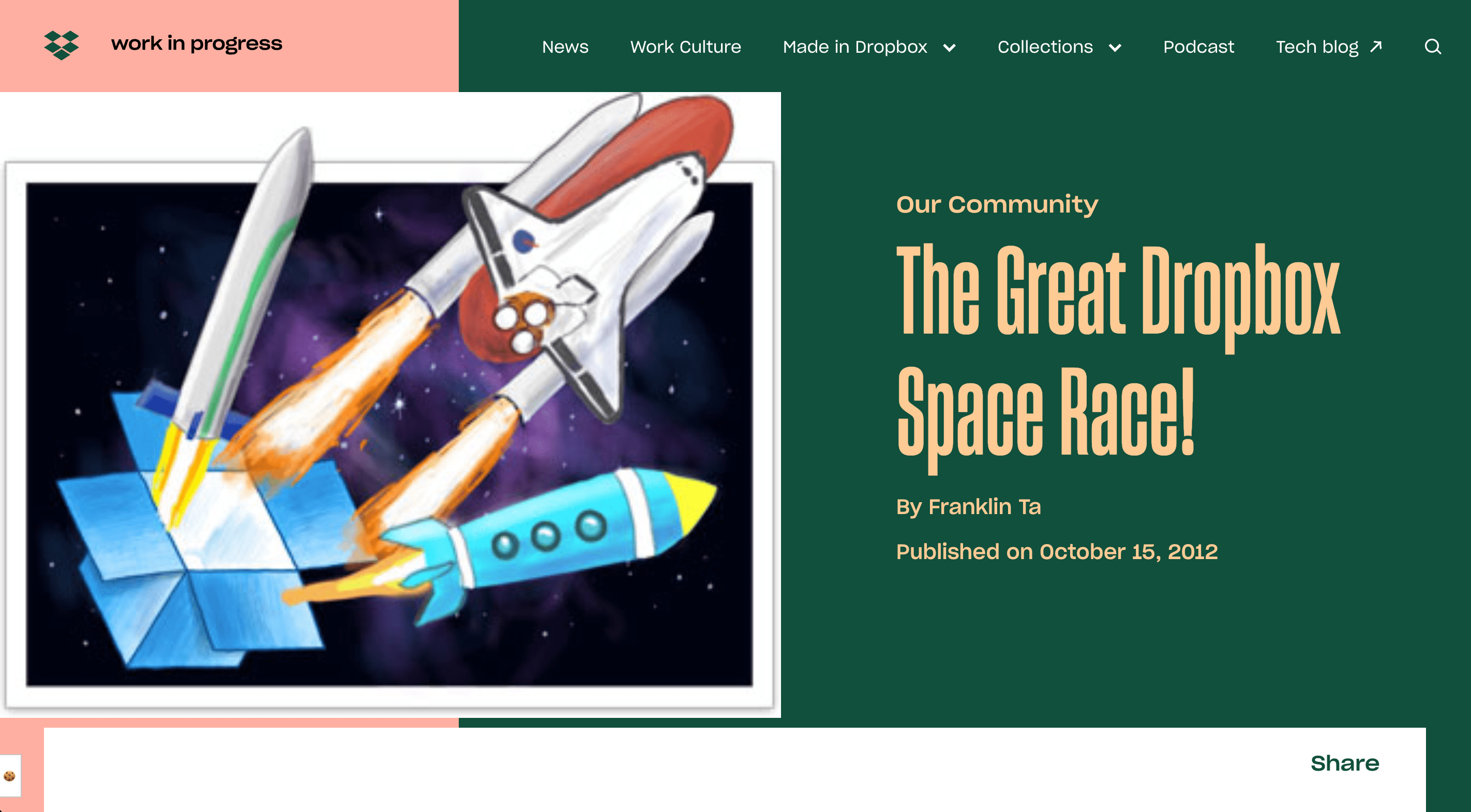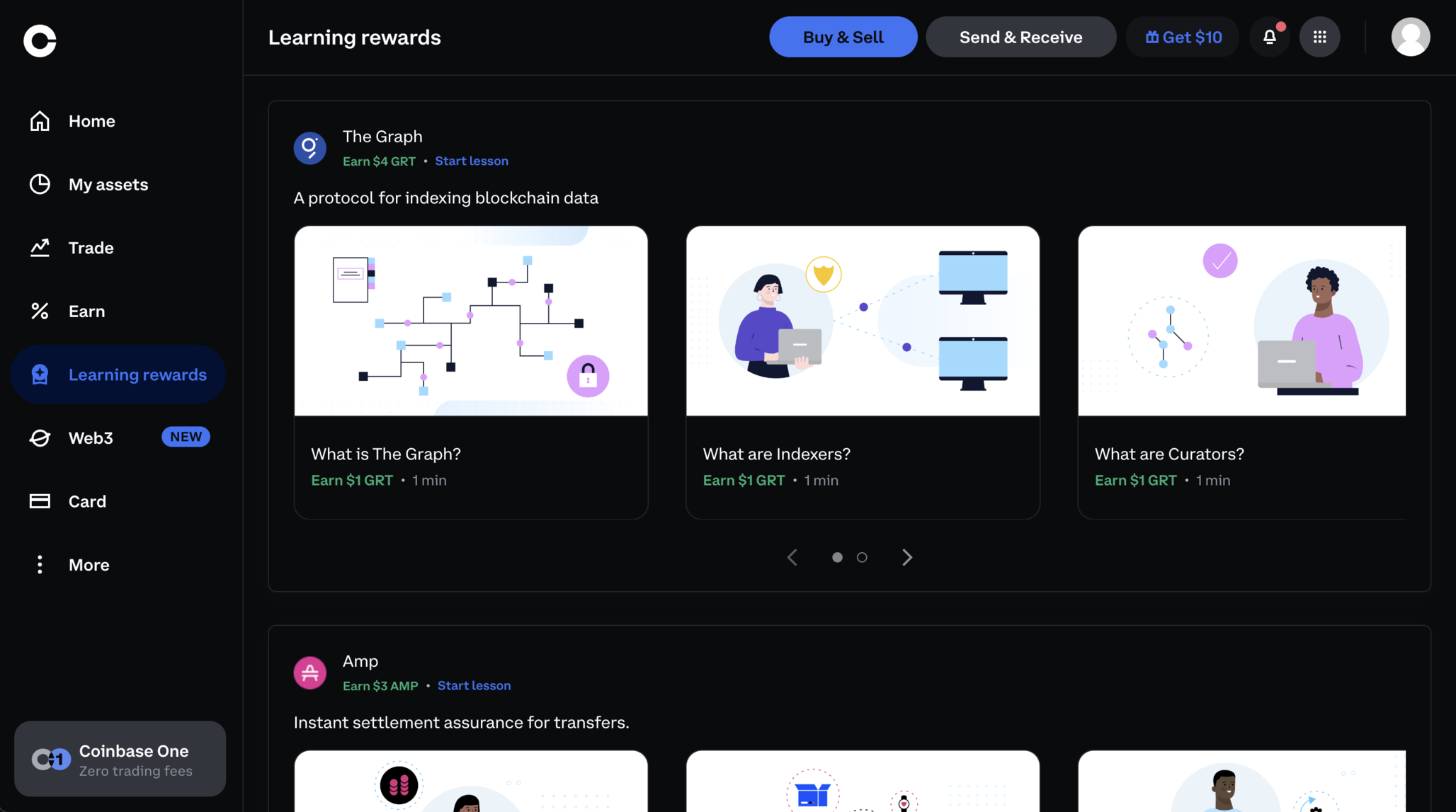In the competitive world of SaaS (Software as a Service), customer loyalty is the cornerstone of sustainable growth and profitability. A well-designed SaaS loyalty program can be a game-changer, helping companies retain customers, increase lifetime value, and foster a community of brand advocates. This comprehensive guide will walk you through the essentials of creating and managing an effective SaaS loyalty program that drives results.
Table of Contents
- Understanding SaaS Loyalty Programs
- Benefits of Implementing a Loyalty Program for SaaS Companies
- Key Elements of a Successful SaaS Loyalty Program
- Strategies for Designing Your SaaS Loyalty Program
- Implementing and Managing Your Loyalty Program
- Measuring the Success of Your SaaS Loyalty Program
- Common Challenges and How to Overcome Them
- Future Trends in SaaS Loyalty Programs
- Case Studies: Successful SaaS Loyalty Programs in Action
- Conclusion: Taking Your SaaS Loyalty Program to the Next Level
1. Understanding SaaS Loyalty Programs
A SaaS loyalty program is a structured initiative designed to reward and incentivize customer behavior that aligns with a company's growth objectives. Unlike traditional loyalty programs that focus primarily on repeat purchases, SaaS loyalty programs often emphasize engagement, product adoption, and advocacy.
These programs typically reward customers for actions such as:
- Consistently using the product
- Upgrading to higher-tier plans
- Referring new customers
- Providing valuable feedback
- Participating in beta testing
- Engaging with educational content
- Contributing to community forums
The rewards can vary but often include:
- Account credits or discounts
- Extended free trials for new features
- Early access to new functionalities
- Exclusive training or support
- Recognition within the user community
- Physical or digital branded merchandise
By creating a loyalty program tailored to the unique aspects of the SaaS business model, companies can foster stronger relationships with their customers and drive long-term success.
2. Benefits of Implementing a Loyalty Program for SaaS Companies
Implementing a well-designed loyalty program can yield numerous benefits for SaaS companies:
Increased Customer Retention
Loyalty programs give customers additional reasons to stay with your service beyond the core product offering. By providing valuable rewards and recognition, you can significantly reduce churn rates. Research shows that customers are more likely to continue using a service when they feel valued and have invested time in accumulating rewards.
Higher Customer Lifetime Value (CLV)
As customers engage more deeply with your product through a loyalty program, they're more likely to upgrade to higher-tier plans or purchase additional services. This increased engagement directly translates to a higher CLV, boosting your company's long-term revenue.
Lower Customer Acquisition Costs
Loyal customers can become powerful advocates for your brand. By incentivizing referrals through your loyalty program, you can tap into the power of word-of-mouth marketing, reducing your reliance on more expensive acquisition channels.
Enhanced Product Adoption and Usage
Loyalty programs can encourage customers to explore and use more features of your product. By rewarding engagement with different aspects of your software, you can drive deeper product adoption, which in turn leads to increased customer satisfaction and stickiness.
Valuable Customer Insights
A well-structured loyalty program provides a wealth of data on customer behavior and preferences. This information can be invaluable for product development, marketing strategies, and overall business decision-making.
Competitive Differentiation
In a crowded SaaS market, a unique and valuable loyalty program can set your company apart from competitors. It can be a deciding factor for prospects choosing between similar services.
Improved Customer Feedback Loop
By incentivizing feedback and participation in beta testing, loyalty programs can help you gather more frequent and higher-quality customer insights, leading to better-informed product improvements.
3. Key Elements of a Successful SaaS Loyalty Program
To create a loyalty program that resonates with your customers and drives business results, consider incorporating these key elements:
Clear and Attainable Goals
Define specific, measurable objectives for your loyalty program. These could include increasing customer retention rates, boosting referrals, or improving product adoption metrics. Ensure these goals align with your overall business strategy.
Relevant and Valuable Rewards
Offer rewards that truly matter to your customers. This could be exclusive access to new features, personalized training sessions, or account credits. The key is to understand what your customers value most.
Tiered Structure
Implement a tiered system that encourages customers to progress to higher levels. This creates a sense of achievement and motivates continued engagement. For example:
| Tier | Points Required | Rewards |
|---|---|---|
| Bronze | 0-500 | 5% discount on renewals |
| Silver | 501-1000 | 10% discount + priority support |
| Gold | 1001-2000 | 15% discount + early feature access |
| Platinum | 2000+ | 20% discount + dedicated account manager |
Gamification Elements
Incorporate game-like elements such as points, badges, or leaderboards to make the program more engaging and fun. This can significantly boost participation rates.
Personalization
Tailor rewards and communications based on individual customer preferences and behaviors. Personalization can greatly enhance the perceived value of your loyalty program.
Seamless Integration
Ensure your loyalty program is smoothly integrated into your product experience. It should feel like a natural extension of your service, not an afterthought.
Clear Communication
Provide transparent, easy-to-understand information about how the program works, how to earn points, and how to redeem rewards. Regular updates on progress can keep members engaged.
Mobile Accessibility
In today's mobile-first world, ensure your loyalty program is easily accessible and manageable via mobile devices.
4. Strategies for Designing Your SaaS Loyalty Program
When designing your SaaS loyalty program, consider these strategies to maximize its effectiveness:
Focus on Customer Success Metrics
Align your program's rewards with actions that indicate customer success. For example, reward customers for achieving specific milestones in their use of your product, such as completing onboarding, using advanced features, or hitting usage targets.
Encourage Product Advocacy
Design rewards that incentivize customers to become brand advocates. This could include referral bonuses, rewards for writing reviews, or recognition for participating in case studies.
Leverage Community Building
Use your loyalty program to foster a sense of community among your users. This could involve rewarding participation in user forums, attendance at community events, or contributions to knowledge bases.
Incorporate Educational Elements
Reward customers for engaging with educational content about your product. This not only increases product knowledge and adoption but also adds value to the customer's overall experience.
Implement a Points System
A points-based system can provide flexibility in how customers earn and redeem rewards. It also allows for easy tracking and management of the program. Here's an example of how points could be awarded:
| Action | Points Awarded |
|---|---|
| Monthly active usage | 50 points |
| Upgrade to higher tier | 200 points |
| Successful referral | 500 points |
| Provide product feedback | 100 points |
| Attend webinar | 75 points |
Offer Exclusive Experiences
Go beyond traditional rewards by offering exclusive experiences to your most loyal customers. This could include VIP access to your company's events, one-on-one sessions with your product team, or early access to beta features.
Create a Referral Program Component
Integrate a robust referral program into your loyalty initiative. Reward both the referrer and the new customer to encourage viral growth.
Implement Surprise and Delight Elements
Occasionally offer unexpected rewards or recognition to keep the program exciting and foster emotional connections with your brand.
5. Implementing and Managing Your Loyalty Program
Successful implementation and management of your SaaS loyalty program involve several key steps:
Choose the Right Technology
Select a loyalty program platform that integrates seamlessly with your existing tech stack. Look for solutions that offer customization, analytics, and scalability.
Assign Clear Responsibilities
Designate team members responsible for different aspects of the program:
- Program Strategy: Often led by a growth marketer or customer success leader
- Technical Implementation: Overseen by your development team
- Day-to-Day Management: Typically handled by customer success or community managers
- Analytics and Optimization: Collaboration between data analysts and program strategists
Launch with a Bang
Create excitement around your program launch through targeted email campaigns, in-app notifications, and even special launch bonuses.
Provide Excellent Support
Ensure your customer support team is well-trained on all aspects of the loyalty program and can efficiently handle member inquiries.
Regularly Review and Optimize
Continuously analyze program performance and gather customer feedback. Be prepared to make adjustments based on data and user input.
Maintain Consistent Communication
Keep members engaged with regular updates about their status, available rewards, and program changes. Use multiple channels including email, in-app notifications, and your product's user interface.
Ensure Legal Compliance
Work with your legal team to ensure your program complies with relevant laws and regulations, particularly regarding data privacy and reward redemption.
6. Measuring the Success of Your SaaS Loyalty Program
To ensure your loyalty program is delivering the desired results, track these key metrics:
Program Participation Rate
Monitor the percentage of eligible customers actively participating in your program. A low participation rate may indicate that your program isn't sufficiently attractive or well-communicated.
Customer Retention Rate
Compare retention rates between program participants and non-participants. A successful program should show a marked improvement in retention among members.
Customer Lifetime Value (CLV)
Track changes in CLV for program members versus non-members. An effective loyalty program should lead to higher CLV among participants.
Net Promoter Score (NPS)
Measure how your loyalty program impacts your overall NPS. Loyal customers should be more likely to recommend your product to others.
Referral Rate
Monitor the number and quality of referrals generated through your loyalty program. This can be a key indicator of customer advocacy.
Product Usage Metrics
Track how the loyalty program impacts key product usage metrics such as feature adoption, time spent in the product, and frequency of use.
Reward Redemption Rate
A high redemption rate indicates that your rewards are valuable and attainable. Low redemption might suggest that rewards are not appealing or too difficult to earn.
Return on Investment (ROI)
Calculate the overall ROI of your loyalty program by comparing the costs of running the program against the additional revenue and cost savings it generates.
7. Common Challenges and How to Overcome Them
Implementing a SaaS loyalty program can come with its share of challenges. Here are some common issues and strategies to address them:
Low Engagement
If participation is low, reassess the value proposition of your program. Survey customers to understand what rewards would be most motivating. Also, ensure you're effectively communicating the benefits of the program.
Complexity
If customers find your program confusing, simplify the structure and improve your educational materials. Consider creating video tutorials or interactive guides to help users navigate the program.
Reward Fatigue
If interest in rewards wanes over time, regularly refresh your reward offerings. Introduce limited-time bonuses or seasonal promotions to maintain excitement.
Technical Integration Issues
Work closely with your development team to ensure smooth integration with your product. Consider using a dedicated loyalty program platform that offers robust API integrations.
Measuring ROI
If you're struggling to demonstrate the program's value, focus on defining clear, measurable objectives tied to business outcomes. Implement tracking mechanisms from the start to capture relevant data.
Balancing Costs
If program costs are outweighing benefits, look for ways to optimize. This might involve adjusting reward structures or finding more cost-effective ways to deliver value to members.
8. Future Trends in SaaS Loyalty Programs
Stay ahead of the curve by considering these emerging trends in SaaS loyalty:
AI-Powered Personalization
Artificial intelligence will enable hyper-personalized loyalty experiences, predicting individual preferences and tailoring rewards accordingly.
Blockchain-Based Loyalty Tokens
Some companies are exploring blockchain technology to create more secure and flexible loyalty point systems.
Integration with Customer Success Platforms
Expect tighter integration between loyalty programs and customer success tools, allowing for more proactive, data-driven engagement strategies.
Emphasis on Emotional Loyalty
Future programs will focus more on building emotional connections with customers, going beyond transactional rewards to create memorable experiences.
Sustainability-Linked Rewards
As environmental concerns grow, some SaaS companies may incorporate sustainability-themed rewards or donations to align with customer values.
9. Case Studies: Successful SaaS Loyalty Programs in Action
Learning from real-world examples can provide valuable insights. Here are two hypothetical case studies inspired by successful SaaS loyalty initiatives:
Case Study 1: CloudTech Solutions
CloudTech, a cloud storage provider, implemented a tiered loyalty program called "CloudTech Champions." The program rewarded users for actions like increasing storage usage, referring new customers, and participating in product feedback sessions.
Results after one year:
- 25% increase in customer retention rate
- 40% boost in referrals from existing customers
- 15% increase in average customer lifetime value
Key to success: CloudTech's program was deeply integrated with their product experience, making it easy and intuitive for users to participate.
Case Study 2: MarketPro CRM
MarketPro, a CRM software company, launched "MarketPro Mastery," a loyalty program focused on product education and community engagement. Users earned points for completing training modules, contributing to help forums, and achieving usage milestones.
Results after 18 months:
- 30% increase in product adoption rates
- 50% growth in active community forum participants
- 20% reduction in support ticket volume
Key to success: By incentivizing product mastery and peer-to-peer support, MarketPro created a more knowledgeable and engaged user base, leading to higher satisfaction and reduced support costs.
10. Conclusion: Taking Your SaaS Loyalty Program to the Next Level
A well-designed SaaS loyalty program can be a powerful tool for driving customer retention, increasing lifetime value, and fostering a community of brand advocates. By focusing on relevant rewards, seamless integration, and continuous optimization, you can create a program that not only delights your customers but also delivers tangible business results.
Remember, the most successful loyalty programs evolve with changing customer needs and business objectives. Regularly gather feedback, analyze performance metrics, and stay attuned to industry trends to ensure your program remains effective and engaging.
As you embark on creating or refining your SaaS loyalty program, consider partnering with experienced loyalty program providers who can offer tailored solutions and insights. With the right strategy and execution, your loyalty program can become a key differentiator in the competitive SaaS landscape, driving sustainable growth and customer satisfaction.
By implementing these strategies and continuously refining your approach, you'll be well-positioned to create a loyalty program that not only retains customers but turns them into enthusiastic advocates for your SaaS product.







